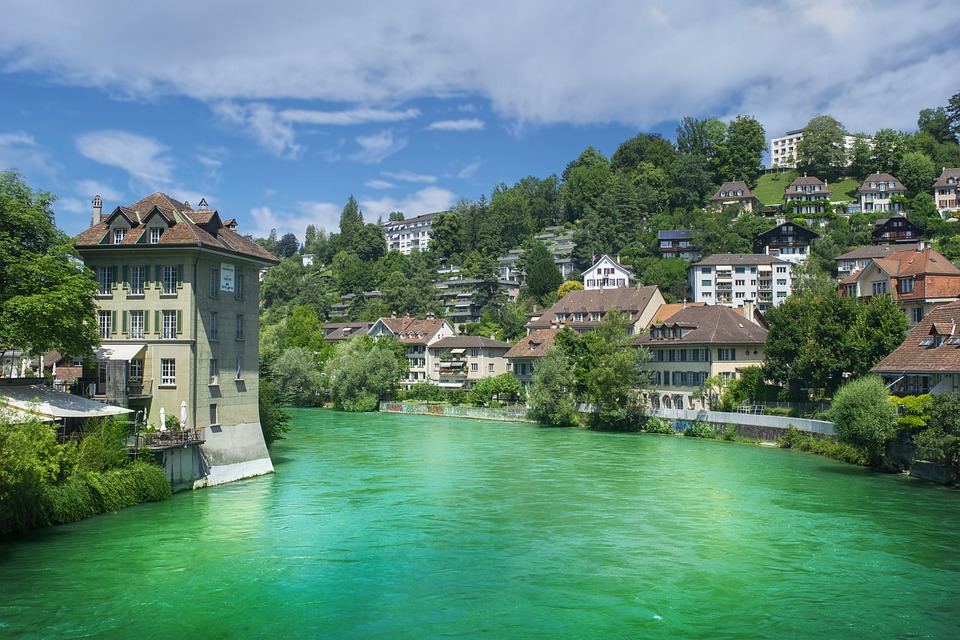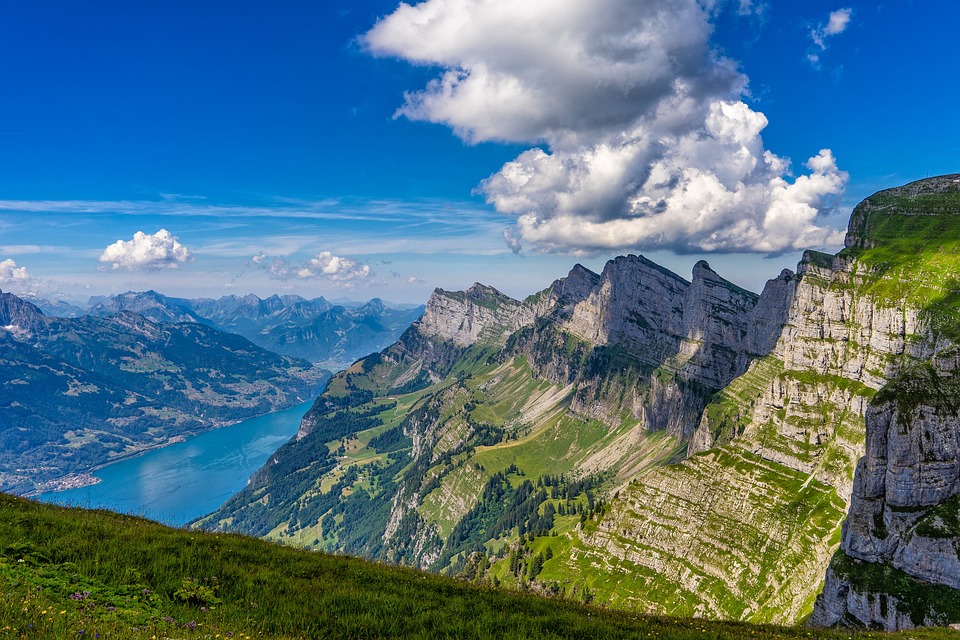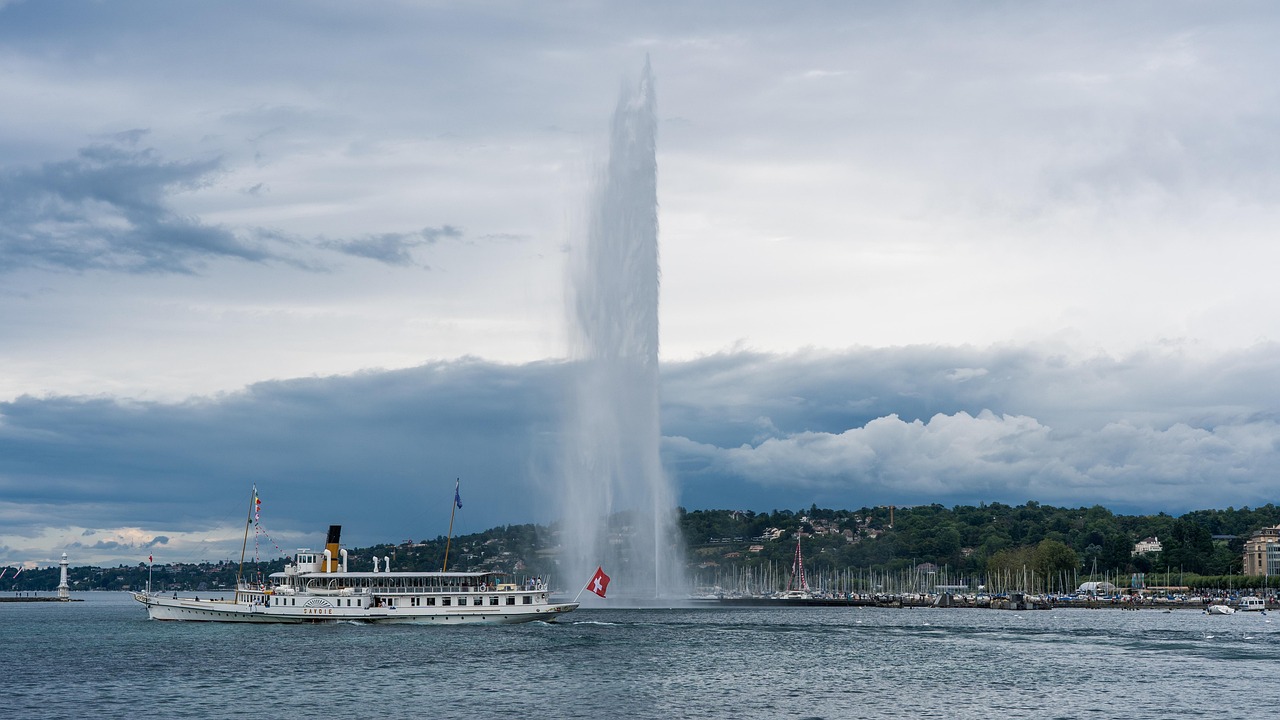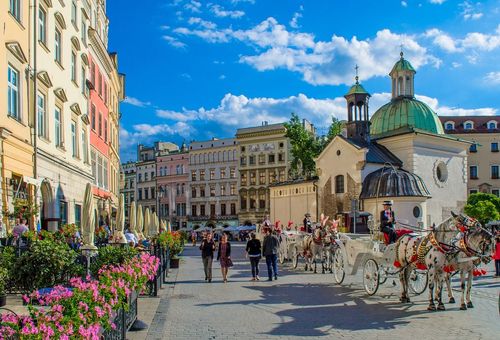Home / Articles
Essential Tips for Travel to Switzerland
TipsTrips • August 03, 2025

Essential Tips for Travel to Switzerland: A Comprehensive Guide
Switzerland, known for its pristine Alpine landscapes, charming cities, and efficient infrastructure, is a dream destination for many travelers. Whether you're exploring historic towns or skiing the Swiss Alps, planning your travel to Switzerland carefully will enhance your experience. This guide covers practical tips, cultural insights, and things every traveler should know before visiting one of Europe’s most captivating countries.

1. Preparing for Your Trip to Switzerland
Check Entry Requirements
Switzerland is part of the Schengen Area. Travelers from the EU, US, UK, Canada, Australia, and many other countries can enter for tourism purposes without a visa for up to 90 days within a 180-day period. Always check the latest visa and entry regulations based on your nationality.
Best Time to Travel to Switzerland
Switzerland is a year-round destination:
- Winter (December – March): Ideal for ski resorts like Zermatt, Verbier, and St. Moritz.
- Spring (April – May): A quieter season perfect for flower-filled landscapes and fewer crowds.
- Summer (June – August): Great for hiking, lake activities, and festivals.
- Autumn (September – November): Offers crisp air, fewer tourists, and stunning fall foliage.
Currency and Budgeting
Switzerland uses the Swiss Franc (CHF). While it’s one of Europe’s more expensive countries, smart budgeting can help:
- Use public transportation instead of taxis.
- Purchase a Swiss Travel Pass for unlimited trains, buses, and boats.
- Take advantage of free activities such as hiking, lakeside strolls, or visiting public museums on discount days.
2. Getting Around Switzerland
The Swiss Travel System
Travel to Switzerland is made more enjoyable by the country’s impeccable public transport system. Trains are reliable, clean, and scenic. Consider these highlights:
- Swiss Travel Pass: Unlimited travel across public transportation. Offers access to boats, cable cars, and museums.
- Scenic Routes: Don't miss the Glacier Express, Bernina Express, and GoldenPass Line for unforgettable landscapes.
- Timely Departures: Swiss trains are known for punctuality. Always arrive early!
Driving in Switzerland
While public transportation is sufficient, renting a car gives you freedom to explore remote villages and natural attractions:
- You need a valid driver’s license (and possibly an IDP, depending on your country).
- Swiss roads are well-maintained but prepare for mountain driving conditions.
- A motorway vignette (toll sticker) is mandatory for highways.
3. Top Destinations in Switzerland
Zurich
Switzerland’s largest city combines modern culture with historical charm. Explore Bahnhofstrasse for shopping, take a stroll along Lake Zurich, or enjoy world-class museums like the Kunsthaus Zürich.
Lucerne
Set on the shore of Lake Lucerne with a mountain backdrop, this picturesque city is known for the Chapel Bridge, the Lion Monument, and proximity to Mount Pilatus.
Interlaken
This adventure capital is nestled between Lake Thun and Lake Brienz. It offers countless outdoor activities, including paragliding and has easy access to the Jungfrau region.

Zermatt
Home to the iconic Matterhorn, Zermatt is a haven for high-altitude skiing, mountaineering, and upscale mountain charm. No cars are allowed—everything runs on electric taxis and bikes.
Geneva
A global city known for diplomacy, Geneva houses the United Nations and the Red Cross. Visit the Jet d’Eau, the Old Town, and explore Swiss watch museums.
Bern
Switzerland’s capital offers a beautifully preserved medieval town center, the Zytglogge clock tower, and the Bear Park along the Aare River.
4. Culture and Etiquette
Languages in Switzerland
Switzerland has four national languages: German, French, Italian, and Romansh. While many Swiss understand English, learning a few local phrases can go a long way:
- German (Zurich, Bern, Lucerne): Hallo (Hello), Danke (Thank you)
- French (Geneva, Lausanne): Bonjour (Good morning), Merci (Thank you)
- Italian (Lugano): Buongiorno (Good morning), Grazie (Thank you)
Switzerland Travel Etiquette
- Punctuality: Very important. Don’t be late for trains, tours, or social appointments.
- Quietness: The Swiss value peace. Keep noise levels low in public places.
- Recycling & Cleanliness: Dispose of trash responsibly and recycle when possible.
5. Food and Dining in Switzerland
Must-Try Swiss Dishes
- Fondue: Melted cheese served with bread cubes. Perfect in alpine chalets.
- Rösti: A crispy potato dish traditionally from the Bern region.
- Raclette: Melted cheese served with pickles and potatoes.
- Swiss Chocolate: Sample brands like Lindt, Toblerone, and artisanal chocolatiers.
- Zürcher Geschnetzeltes: Veal in creamy mushroom sauce—specialty of Zurich.
Dining Tips
- Tap water is safe and delicious—no need to buy bottled water.
- Tipping is not mandatory but rounding up the bill is appreciated.
- Reservations are recommended for dinner, especially in ski towns and cities.

6. Helpful Travel Tips for Switzerland
Connectivity
Switzerland has excellent cell coverage. Consider buying a local SIM card or use eSim services for affordable data plans. Free Wi-Fi is commonly available in hotels, trains, and cafes.
Safety and Health
Switzerland is one of the safest countries in the world with low crime rates. Universal health care is available, but travel insurance is highly recommended, especially for outdoor activities like skiing or hiking.
Local Events & Festivals
- Montreux Jazz Festival (July): One of Europe’s premier music events.
- Sechseläuten (April): Traditional Zurich spring festival with parades and the burning of the Böögg.
- Basel Fasnacht (February/March): A UNESCO Intangible Cultural Heritage celebration with colorful masks and music.
7. FAQs About Travel to Switzerland
Is Switzerland expensive for tourists?
Yes, Switzerland is one of the more expensive European destinations. However, money-saving options like city cards, Swiss Travel Passes, self-catering accommodations, and free nature activities help manage costs.
Can I use Euros in Switzerland?
The Swiss Franc (CHF) is the official currency. Some locations, especially near border towns and airports, accept Euros, but change is given in CHF. It's best to use Swiss Francs for better rates and convenience.
Do I need travel insurance for Switzerland?
Travel insurance is highly recommended. It covers unexpected medical emergencies, lost luggage, and activity-related incidents. Many adventure sports like skiing or paragliding carry inherent risks.
What’s the tipping etiquette in Switzerland?
Service is typically included in your bill. While tipping isn’t required, rounding up the bill or leaving a small tip (5–10%) is appreciated for good service.
Is public transport reliable in Switzerland?
Absolutely. Swiss public transportation is considered among the best in the world—punctual, safe, and scenic. Trains, buses, ferries, and funiculars are well-integrated and easy to navigate.
Conclusion: Plan a Memorable Travel to Switzerland
Whether you’re savoring fondue in an alpine village, hiking through breathtaking valleys, or soaking in the charm of medieval towns, travel to Switzerland guarantees unforgettable experiences. With these essential tips, you’ll explore the rich culture, stunning scenery, and Swiss hospitality with confidence. Enjoy your journey to this enchanting European gem!

